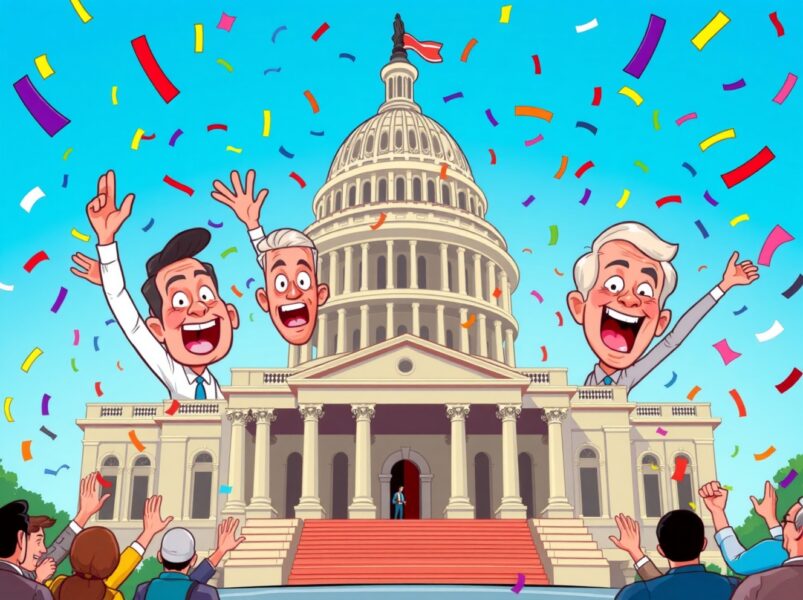LONG BEACH, CALIFORNIA -MAY 03: Vehicles line up for gasoline at service station during gas shortages, May 3, 1979 in Long Beach, California. (Photo by Getty Images/Bob Riha, Jr.)
Getty Images
A weak dollar wrecked Jimmy Carter’s presidency. This requires mention as the long ago Carter economic plan rises in the estimation of the right.
Looking back, they appreciate that Carter didn’t stand athwart Rep. William Steiger’s insertion of a capital gains tax cut in his 1978 tax package. Carter also oversaw industrial deregulation, most notably of trucking, rail and airlines. All good things, but for the Carter Treasury’s failure with the dollar.
It can’t be said enough that inflation is a decline in the value of the dollar, and the dollar declined substantially during Carter’s presidency. An effective way to understand this is to look at the oil price that, as a mirror into the dollar’s substantial weakness, loomed large in the sinking of Carter’s presidency.
As Warren Brookes reported in his classic 1982 book The Economy In Mind, the price of oil from 1975 to 1979 rose 43% in dollars. What’s notable about this is that in German Deutschemarks and Japanese yen the price of oil rose 1% and 7% over the same timeframe. And that’s just up until 1979. Which brings us to Paul Volcker.
For reasons that continue to defy explanation, Carter’s appointment of Volcker as Fed Chairman similarly excites the right on the false supposition that his “tightness” at the central bank arrested inflation. Except if you believe the Fed’s machinations have anything to do with the value of the dollar (you shouldn’t – the dollar’s exchange value has never been part of its portfolio), then you should dismiss the Volcker hagiography.
That’s because Volcker was appointed in 1979, a year in which the average price of gold was $513. The price of gold averaged $147 in 1977, Carter’s first year in office.
By January of 1980, gold had risen to an all-time high of $875, meaning the dollar fell to all-time lows amid Volcker’s vain attempt to use interest rate intervention to shrink inflation. This is notable in an oil sense in that while the average price of a barrel was $15 in 1979, in 1980 (Carter’s last year in office), the average price was $36.
Carter plainly didn’t see the association between a falling dollar and rising oil. And while he correctly began the process of oil price decontrol that Ronald Reagan completed in one of his very first executive decisions as president, Carter didn’t grasp the significance of decontrol as evidenced by his comment while president that oil prices “are going to rise in the future no matter who is President, no matter which party occupies the administration in Washington, no matter what we do.”
Carter misunderstood what Reagan saw clearly about the folly of price controls, but most crucially missed the meaning of a falling dollar to an electorate that was earning dollars. Which means Carter missed out on the true inflation that pushed up the cost of all manner of market goods measured in dollars, oil most notably. Combine the latter with price controls that resulted in rationing and long lines for gasolines and, well, Carter’s loss in 1980 is more understandable.
It’s not just that the electorate earns dollars, and it’s not just that the electorate sees the dollars it’s earning exchange for less when an Administration’s Treasury makes a weak dollar its policy, it’s that investment returns are measured in dollars, investment is the source of all job growth, and the falling dollar sapped the very investment that powers economic growth. The latter zapped Carter’s presidency, and it did the same to George W. Bush’s.
Carter was in many ways good on the economy, but no president can overcome a weak dollar. Is President Trump listening?
Source: https://www.forbes.com/sites/johntamny/2025/11/09/as-jimmy-carter-rises-in-rights-esteem-lets-remember-why-he-lost/


